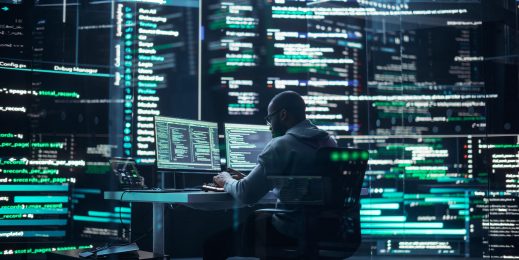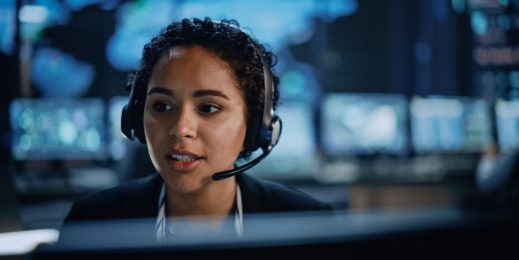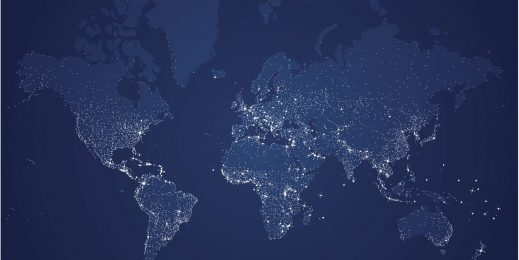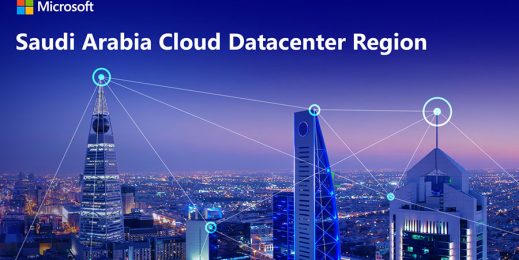
Combatting the deceptive use of AI in elections
By Siya Madyibi, CELA Lead for Microsoft South Africa
2024 is heralded as the year in which more elections are taking place than any other year in history, with around half the world’s population living in more than 60 countries, and roughly two billion eligible voters[1], going to the polls, including South Africa, one of the most populous countries in Africa. It is historic too, in that it represents a year pivotal not only democracy but also for technology, and one in which the intersection of the two has never been more relevant.
In February, Microsoft along with other participating companies pledged to help prevent deceptive AI content from interfering with global elections through the creation of the Tech Accord commitment to Combat Deceptive Use of AI in 2024 Elections. Together, we’ve taken multiple steps in protecting our electoral processes as part of our ongoing dedication to safeguarding democracy by providing tools and resources to detect and counter deceptive AI content.
Locally, the Independent Electoral Commission (IEC), under the leadership of Chief Electoral Officer, Sy Mamabolo, drove the promotion and advocacy of the Tech Accord, with Microsoft being afforded the opportunity to engage the IEC National Political Liaison Committee (NPLC) on the workings thereof as well as the launch of the Microsoft Elections Communications Hub which provided election authorities and campaigns with access to Microsoft security and support teams in the days and weeks leading up to the election, allowing them to reach out and get swift support for major security challenges.
The role of technologies such as Artificial Intelligence (AI) cannot not be understated, and to this end, Microsoft participated in a panel with the IEC Chair, Mosotho Moepya on “AI regulation and governance for Electoral Management Bodies” at the 2024 International PolCampaigns Expo in January, in Cape Town with the focus theme of How AI and Big Data Amplify Voter Engagement and Shape Political Campaigns in Africa.
As deepfakes and misinformation surge globally, it has become important to have resources that provide tools to identify these, and the necessary mechanisms to report them. To drive awareness thereof, Microsoft hosted a Combating the Deceptive Use of AI in Elections capacity building workshop in mid-May which focussed on combatting AI generated mis/disinformation and strengthening election integrity in South Africa. The workshop was attended by Political Campaigns, IEC officials, regulators, Fact Check Africa and the tech industry.
With respect to disinformation, some domestic actors did attempt to sway the vote through influence-for-hire schemes on social media.[2] While this election featured reported deepfakes, none were high-impact, owing in part to the work of fact-checking organisations.[3] South Africa’s IEC should be commended for its Real 411 initiative, which crowdsourced monitoring of information manipulation during the election and transparently investigated complaints.[4]
The public-private partnership approach adopted over the election period is one which we at Microsoft look to replicate across the work we are doing in taking advantage of the opportunities that AI presents, at the same time ensuring that these are done in a responsible manner.
[1] Global elections in 2024 – Statistics & Facts | Statista
[2] https://www.dailymaverick.co.za/article/2024-05-26-influence-for-hire-distorts-public-discourse-threatens-democracy/
[3] https://africacheck.org/fact-checks/meta-programme-fact-checks/will-real-slim-shady-please-stand-eminem-video-endorsing










![A security team analyses key data from a visual dashboard.]](https://pub-c2c1d9230f0b4abb9b0d2d95e06fd4ef.r2.dev/sites/133/2023/04/Security-Sprint_TL_Banner-Image-519x260.jpg)





